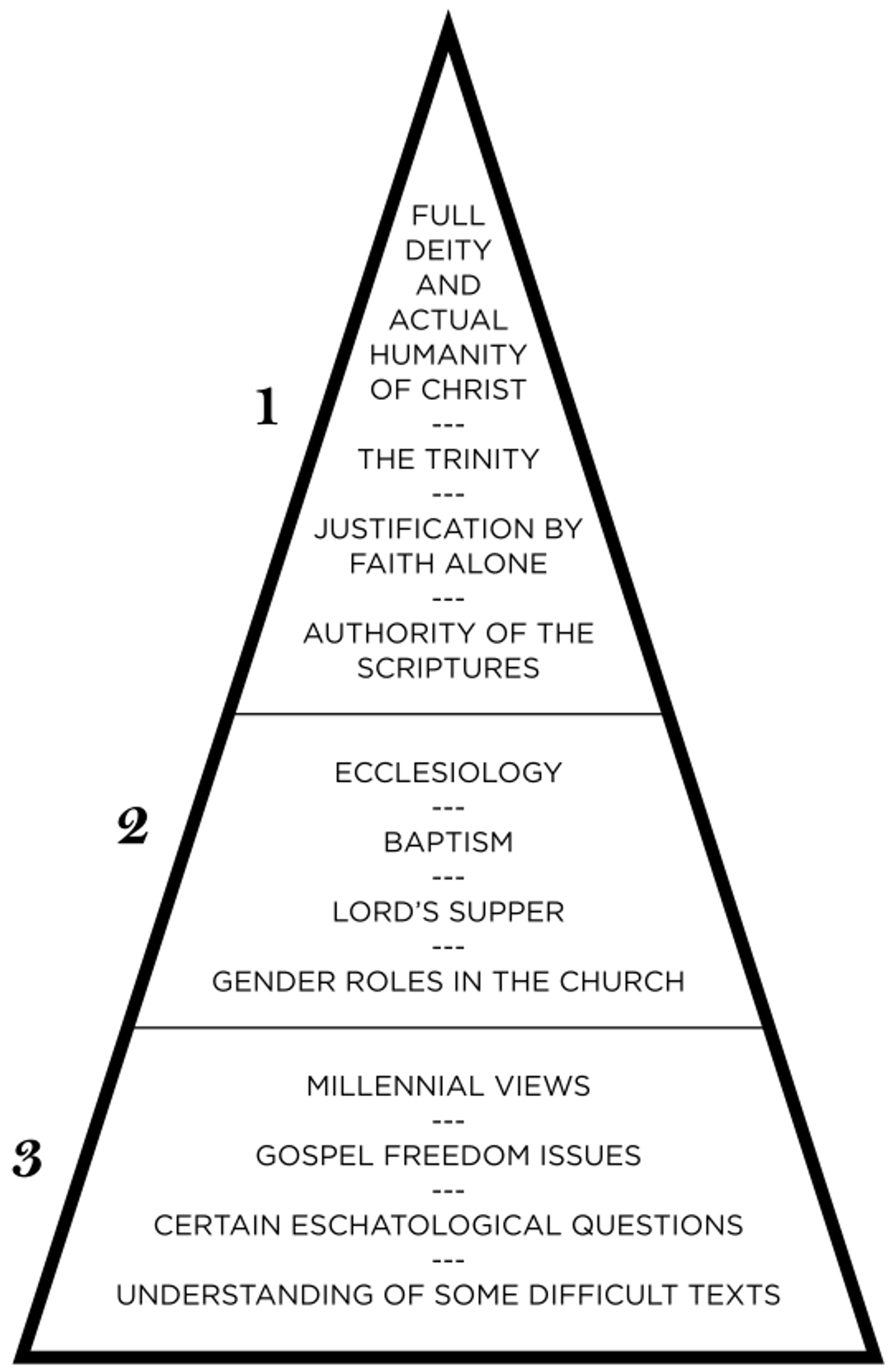Rooted in Truth
We are A Confessional Church
It has been said that Baptists are not a creedal people. At first glance, this seems true since Baptists insist that the Scripture alone is our standard for life and knowledge. However, that does not mean that Christian creeds or statements of faith are unimportant. In fact, you might be surprised to learn that historically, Baptists have had more statements of faith than any other group!
Author John White writes:
“Some Christians I meet seem strongly opposed to statements of doctrine. They say that the Christian revelation is too great to be reduced into mechanical formulas. This is true. Yet for two millenniums the church has found creeds and confessions necessary. Can we so lightly brush aside two thousand years of history? Although no human words can adequately express divine revelation, is the alternative to leave the matter completely in the air?”
FBC is a confessional church. We think creeds, confessions, or statements of faith can be helpful tools for the proclamation of the gospel. We stand on the shoulders of those who came before us, having dedicated themselves to the apostles’ teaching (Acts 2:42). In fact, the early Christians confessed certain doctrinal truths together, as seen in 1 Corinthians 15:1–4 and Colossians 1:15–20. Today, FBC simply follows in their example. So then, to be a “confessional church” means that, together as a body, we “confess” or “hold to” specific truths of the Christian faith.
As confessional Christians, our statement of faith draws from historic confessions such as the New Hampshire Confession (1853), the Abstract of Principles (1858), the GARBC Articles of Faith, and others. To be sure, our statement of faith does not explain all that our members believe, but it is a summary of the basic beliefs required for membership at FBC.

